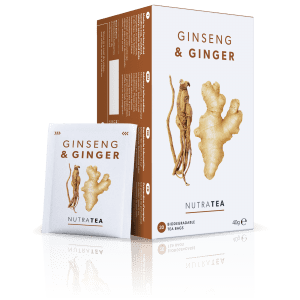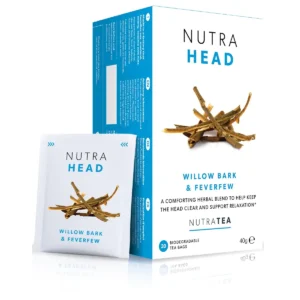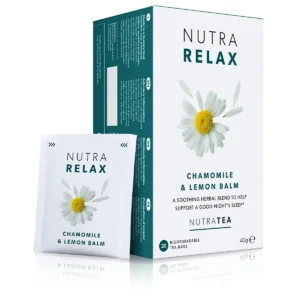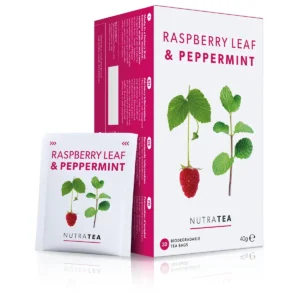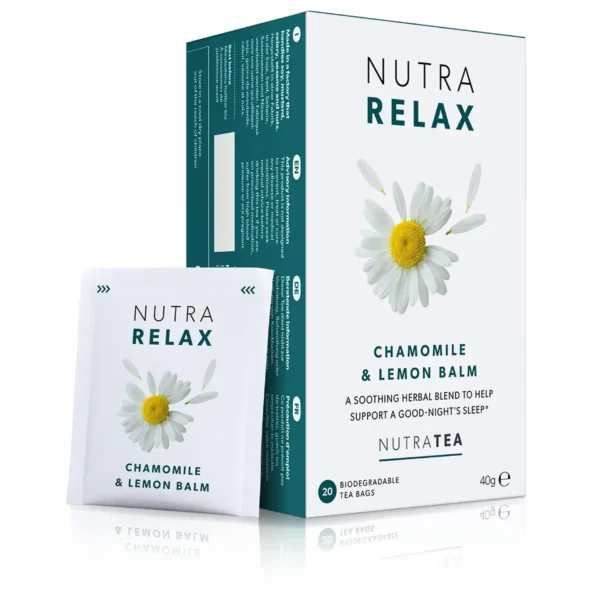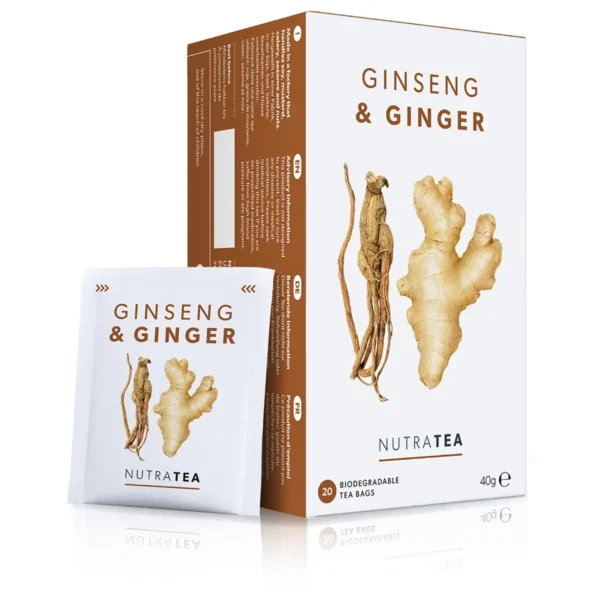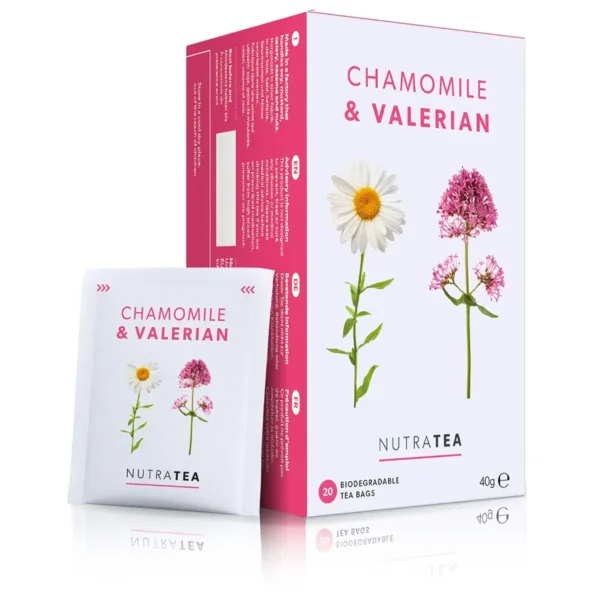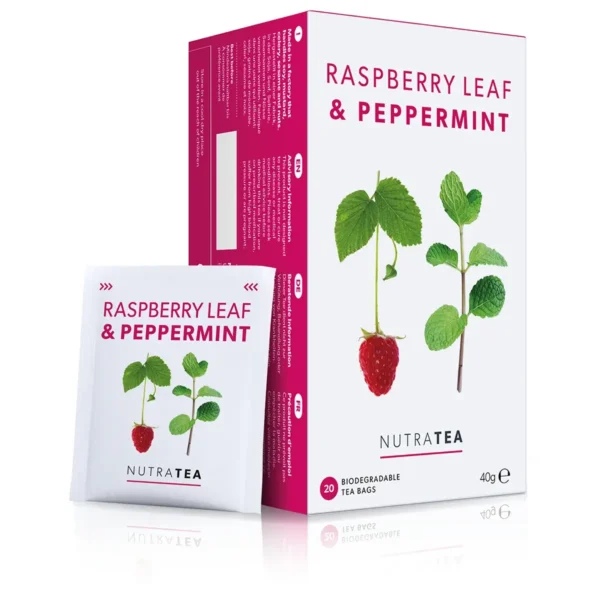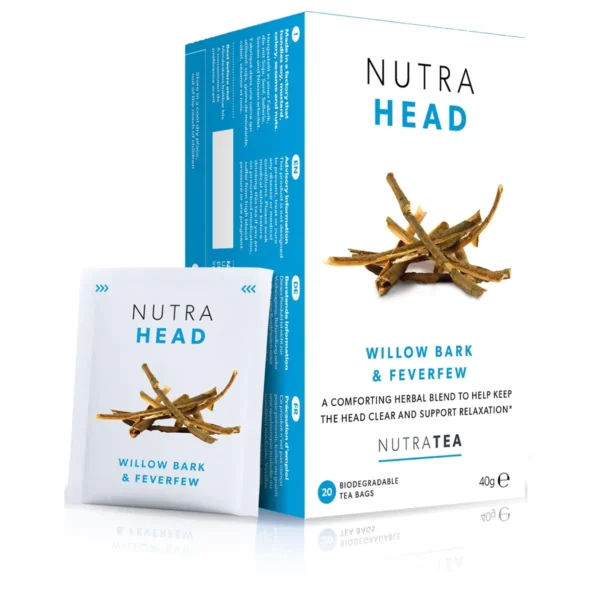NutraBlog
10 different types of natural treatment for headache and migraines

Did you know around 10 million people aged between 15-69 years old in the UK suffer from migraines? That’s a lot! Whether it’s a migraine or headache, one of the scariest things many of us do tends to involve popping the odd tablet of paracetamol, ibuprofen, or even two.
With a pill-dependent culture, sometimes it becomes an instinctual behavior to use medication to treat them as a quick fix. However, it’s not always wise as medications can also have a range of different effects in your body changing your sleep, digestion, and functioning of certain body systems.
If you experience them, you may be interested in the different types of natural treatment for headache and migraine. Natural treatments can help reduce frequency and severity and are also better for your well-being in the long term. Dive in with us and explore the different natural remedies below.
How do you define headaches and migraines?
Headaches and migraines are two health terms you might have heard thrown around interchangeably in the workplace, on the street, and amongst friends and families. You may have used these words too!
But do you know the difference between the two?
Headaches
Well, in order to know the best types of natural treatment for headache and migraine, it’s better we discuss the differences first. In short, a headache is a pain that comes in your head or face and throbs. There are different types of headaches, and one of the most common ones is tension headaches. Often, these headaches are benign and last about 30 minutes or longer, sometimes for several days.
According to the NHS, the common symptoms of a tension headache are:
- Pain on both sides of head, neck, and face
- Feeling pain is pressing on the side or around your head
- Where a certain part of your head may feel tender or sore
Often the common causes of these headaches are:
- Caffeine
- Difficulties with sleep
- Stress
- Overuse of painkillers
Migraines
A migraine is a more intense form of headache and tends to exist in a throbbing or pulsing pain on one side. Often, they can appear without any warning; sometimes, they can appear with flashing lights, and others with no headache.
The common symptoms of migraines are:
- Feeling tired
- Yawning a lot
- Stiff neck
- Changes in mood
- Visual disturbances
- Increasing pain
- Sensitivity to light
The common migraine causes are often not known, but you’re more likely to experience them if a close family member has them. According to the NHS some people find there are certain triggers which might cause a migraine, such as:
- The start of your period
- Anxiety and depression
- Stress
- Tiredness
- Not eating regularly
- Skipping meals
- Too much caffeine
- A lack of exercise
Top Tip: If you think you have migraines, try keeping a migraine diary to look for patterns to see when they occur and their frequency.
What are the best natural treatments for headaches and migraines?
If you suffer from any of these, it’s important to try different types of natural treatment for headache and migraine. Do note that not everyone will provide relief but some may help, here are ten of our top tips on how treat them naturally:
1.Hydrate!
It’s not rocket science, but surprisingly, many headaches are caused by dehydration. If you live an on-the-go lifestyle, try to drink at least 6-8 cups a day and more to hydrate if possible. Research shows that when you’re dehydrated, your concentration can be inhibited, causing irritability and often making symptoms of a migraine or headache seem worse. Drinking water is thought to reduce headache frequency and severity.
2. Try acupuncture
Acupuncture is a holistic and traditional Chinese medicine technique that involves inserting thin needles into specific areas of your skin. The purpose is to stimulate specific points to encourage and balance a flow of energy (gi). Illness and pain, such as headaches, are caused by disruptions or imbalances in energy, and the needles remove blockages.
There’s growing scientific research that supports this. Also, in 2022, a study of 156 people who underwent acupuncture at both 5 and 10 sessions found it effective in helping reduce the frequency and severity of the attacks.
Therefore, acupuncture could help if you’re looking for headache or migraine relief.
3. Use a cold compress
Next time you experience a headache or migraine, try using a cold compress to help reduce your symptoms. Simply apply a cold or frozen compress to your head, neck, or area where the pain is for a few minutes. Often, those who apply a cold compress are thought to have less pain and inflammation, reducing the intensity of the headache or migraine.
4. Have ginger
Ginger root is high in antioxidants and anti-inflammatories, which can help with pain linked to headaches and migraines. In particular, ginger has gingerols and shogaols, which help slow down inflammatory pathways, reducing pain. In 2021, a review of three randomised trials was conducted, showing that ginger supplement treatment helped reduce pain in people who suffered from migraines.
Try: Ginseng & Ginger a herbal tea which helps maintain concentration, coordination and mental wellbeing.
5. Exercise
One of the simplest ways to reduce the number and severity of headaches is simply by moving and doing exercise. Frequent exercise can help alleviate muscle tension and reduce stress, which are key contributors to migraines and tension headaches. It also encourages relaxation and the production of endorphins, improving your overall mood and reducing the frequency of headache occurrences.
6. Have magnesium
If you are experiencing any headaches or migraines,, try increasing your magnesium intake. There’s evidence that shows those who have a magnesium deficiency are more likely to have frequent migraines or headaches than those who don’t. You can easily increase your intake by having magnesium-rich foods such as spinach, almonds, cashew nuts, avocado, and more. If you struggle to consume it through food, then there are always supplements.
7. Go for a massage
Similar to acupuncture, massages can help you relax key muscles in your scalp, neck, and shoulders, which are often key areas that trigger tension headaches. Moreover, head and neck massages can encourage blood circulation, reducing certain symptoms. There are also specific massage techniques known as trigger point therapy, which focus on a specific area of tightness and can provide immediate relief from pain in your head.
8. Try essential oils
It’s not always guaranteed, but essential oils are also thought to help treat headaches and migraines. Peppermint oil, in particular, contains menthol, which can help ease pain and relax muscles. Chamomile oil can relax the body and help soothe muscles, helping treat tension anxiety and insomnia, which can trigger tension headaches.
9. Get enough sleep
We all know how important sleep is for our health, but are you getting enough of it? Sleep deprivation can often trigger headaches. Research shows that poor sleep quality and insomnia can trigger increased headache frequency. So try getting a good 7-9 hours of sleep every night.
10. Try caffeine
This last point may seem quite contradictory to our previous one, but drinking tea, coffee, or other beverages that contain caffeine could provide you with relief when you’re experiencing an attack. Caffeine can improve mood, elevate alertness, and constrict blood vessels, which has a positive effect on your mood. On the contrary, caffeine withdrawal can also trigger headaches, so be careful about the amount you consume.
Teas to help headaches and migraines
In addition to trying the ten tips above, whenever possible, try taking some time out to gather a moment of calm over a cuppa. At NutraTea, we’ve got a range of zero—and low-caffeine teas with natural herbs added to blends to support your mental well-being and help alleviate symptoms experienced in headaches and migraines.
NutraHead
If you’re looking for a clear head and want a moment of relaxation, try NutraHead. NutraHead is a low-caffeine herbal tea that contains lavender, cinnamon, peppermint, green tea, feverfew, willow bark, and many other herbs. Feverfew and cinnamon work together to help provide comfort and clarity in your head, potentially easing symptoms linked to migraines and headaches. Rhodiola, Feverfew, and Ginger in NutraHead contribute to normal blood circulation, helping relieve tension.
NutraRelax
NutraRelax is an herbal blend that supports sleep, relaxation, and mental function, which are key players in stopping headaches and migraines. This caffeine-free herbal tea is perfect if you’re looking to maintain a positive outlook, regulate your well-being, and sleep.
Raspberry Leaf & Peppermint
Raspberry leaf and peppermint is a herbal tea that may help with headaches and migraines. Peppermint makes up 50% of tea, which can help relax muscles and alleviate tension pain. Peppermint contains menthol, which can help improve digestion and reduce nausea, a key symptom linked to migraines. Whereas raspberry leaf can help you maintain energy levels, saving you from feeling wiped out by a headache or migraine.
Wrapping up on natural treatment for headache and migraine
Overall, headaches and migraines are not uncommon conditions; it’s likely you’ve had one or several before. The main difference between a headache and a migraine is that a headache is a short-term throbbing pain that occurs in your head. In contrast, a migraine is a more intense form of headache that lasts a lot longer and is more frequent.
While both have different causes, measures you can take, such as getting sufficient sleep, exercising, staying hydrated, using a cold compress, and more, are a great types of natural treatment for headache may help reduce their intensity.
If you feel you’ve tried enough natural remedies and they’re not alleviating symptoms of headaches or migraines, then book yourself to see your local doctor. They will be able to advise you and guide you if there’s anything underlying.
Want to browse more teas? Check out our range of Premium and Flagship blends.

